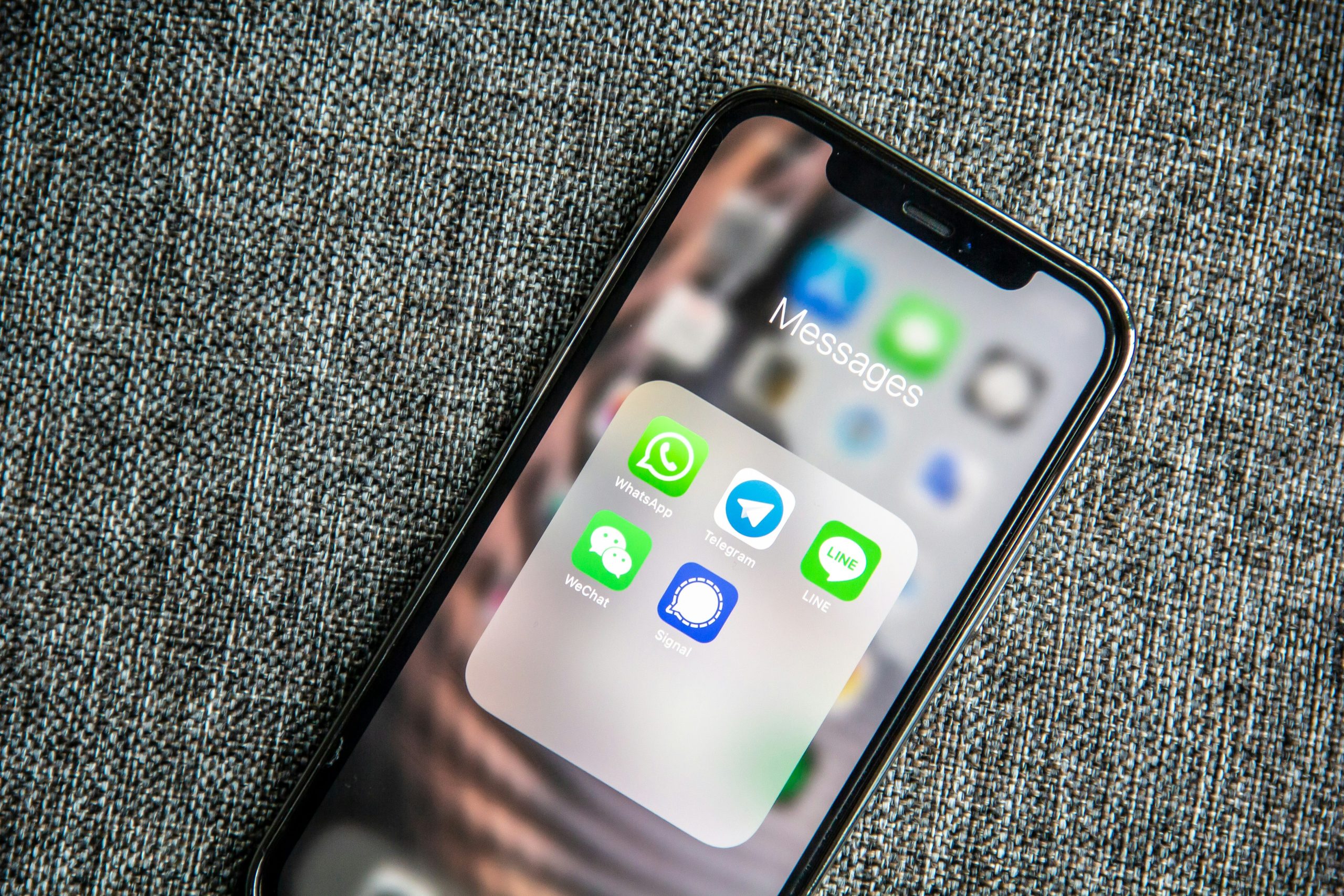Censorship and its fear-fed sibling, self-censorship, frequently take on farcical qualities in China. One of the most eloquent speeches on this subject for a long time was given by a young Chinese writer, Murong Xuecun, last week. The 30-something author gave his talk after winning the 2010 People’s Literature Prize for his latest work in which he went underground to expose a pyramid scheme. Ironically he was blocked from speaking on the mainland, so he gave it several days later in Hong Kong.
In the speech he talked about how his prize-winning book, “The Missing Ingredient,” was delayed by several months because of a “rather peculiar editor” who in an effort to render the book politically safe required many farcical cuts and changes so much so that “readers of my book may think I’m mad,” he said.
Terms such as “Chinese peasants”, “stealth drone”, “Indian-flavoured farts”, and “South China” all, absurdly, had to go.
“I believe I am not alone; this is the situation faced by all of China’s writers,” he told his Hong Kong press audience. “The fear I feel is not just the fear felt by one writer, but by all of our writers.
“Our language has been cut into two parts: one safe, and the other risky. Some words are revolutionary, and others are reactionary; some words we may use, and others belong to our enemies.
“The only speakable truth is that we cannot speak the truth. The only acceptable viewpoint is that we cannot express a viewpoint. We cannot criticize the system, we cannot discuss current affairs, we cannot even mention distant Ethiopia. Sometimes I can’t help wondering: Is the Cultural Revolution really over?”
The speech in Chinese can be read on his blog here and in English translation here.





